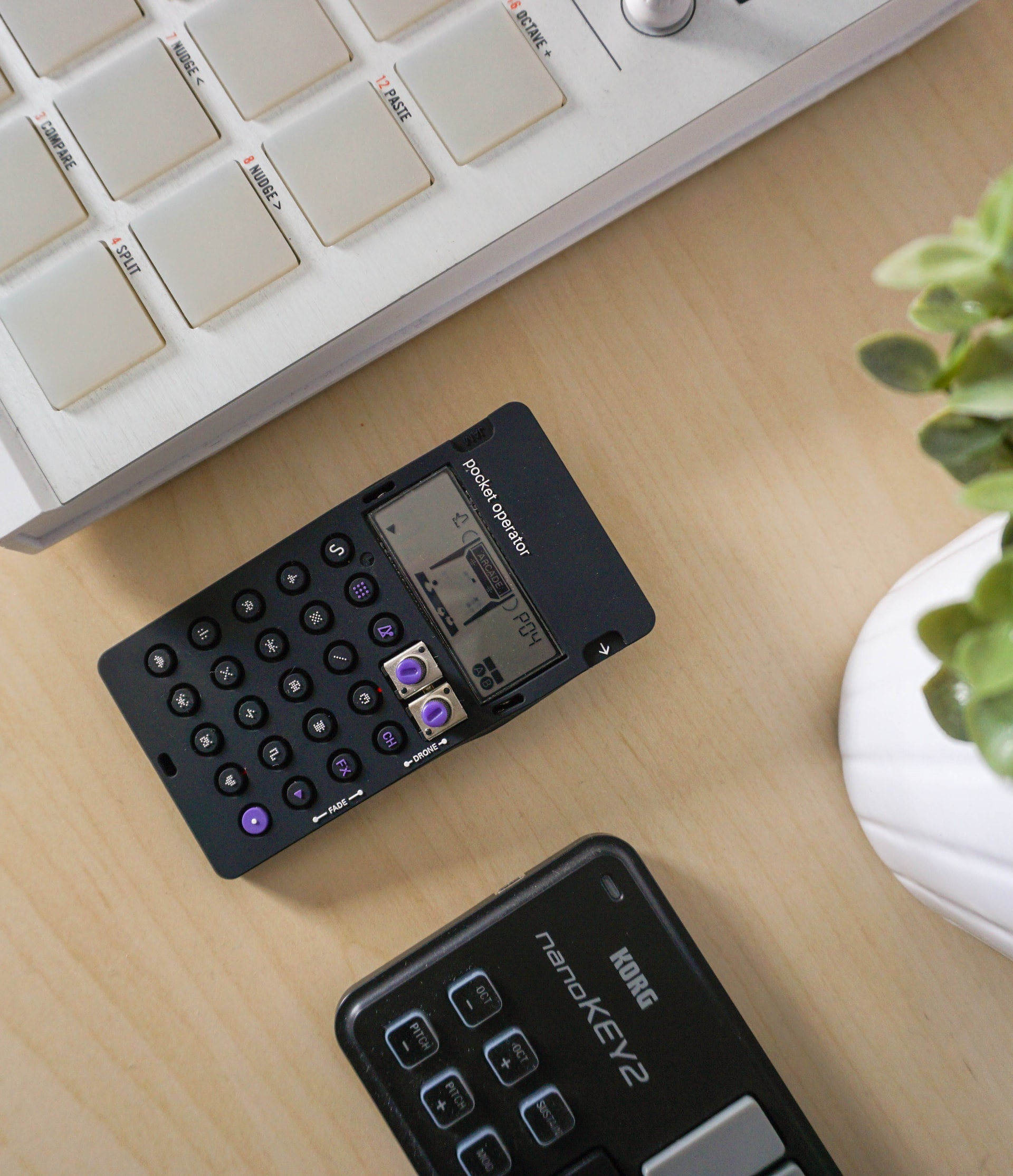BMR calculators have become increasingly popular in recent years. Many people use them to gain more insight into how they can lose weight.
To measure is to know, they always say, right? In this article, we will discuss how valuable BMR calculators really are.
Table of Contents
- What is your BMR?
- How does a BMR calculator calculate your BMR?
- Which BMR calculator is the most reliable?
- How accurate are BMR calculators?
- What is the point of calculating your BMR?

What is your BMR?
Your BMR, or your Basal Metabolic Rate, is the metabolic rate required to provide the minimum amount of energy necessary for essential life processes. These processes include breathing, the beating of your heart, and tissue repair for example.
You can see it like this; imagine you’re in a coma. In that case, only involuntary processes will take place in your body. These require a certain amount of energy, which corresponds with your BMR.
Kilocalories are often used as a unit for BMR because this is the easiest way to calculate further. The calories you burn daily correspond to your BMR plus the calories you burn through physical activity such as walking or sports.
How does a BMR calculator calculate your BMR?
Your BMR mainly depends on 3 factors:
- Your weight
- Your height
- Your age
A higher weight and height will result in a higher BMR, while a higher age will result in a lower BMR.
There will of course be genetic differences from person to person, but you cannot take this into account in formulas. This is also the reason that BMR calculators can never be 100% accurate, this is simply impossible because they cannot correct for genetic differences.
Equations that are used in BMR calculators apply the 3 factors that we mentioned above, each of which has its own weighting in the equation. Below are some of the most popular formulas for calculating your BMR:
Mifflin St. Jeor equation:
- Men: BMR (kcal) = (10 x weight in kg) + (6,25 x height in cm) – (5 x age in years) + 5
- Women: BMR (kcal) = (10 x weight in kg) + (6,25 x height in cm) – (5 x age in years) – 161
Harris-Benedict equation:
- Men: BMR (kcal) = (13,7516 x weight in kg) + (5,0033 x height in cm) – (6,7550 x age in years) + 66,4730
- Women: BMR (kcal) = (9,5634 x weight in kg) + (1,8496 x height in cm) – (4,6756 x age in years) + 655,0955
Which BMR calculator is the most reliable?
A lot of research has been done into various equations with which the BMR can be calculated. However, most studies do not look at how well such an equation can predict BMR, but the RMR. This is the Resting Metabolic Rate.
This is the BMR along with the calories you need for low-intensity daily activities such as eating, walking, and sweating. If an equation can predict the RMR well, it can also be assumed that this equation can predict the BMR well.
As we just said, a lot of research has been done and not all studies show the same results. However, it seems that several generalizations can be made from these studies.
- Overweight adults: In this case, Owen’s equation seems to be the most reliable.[1]
- Adults aged 18-30 that are not on an athletics team: Cunningham’s equation seems to be the most reliable.[2]
- Other cases: In other cases, the Mifflin St. Jeor equation seems to be the most reliable.[3,4]
How accurate are BMR calculators?
It is also difficult to give an unambiguous answer with regard to the actual accuracy. That is why we will go through the studies that we have just cited.
The first study[1] found that Owen’s equation was the most reliable for determining RMR in overweight adults. In women, the difference between the measured RMR and the calculated RMR on average is 43.6 kcal. In men, this was 120.5 kcal.
The second study[2] found that Cunningham’s equation was most reliable for adults between the ages of 18 and 30 who are not on an athletics team. This was the only equation where there was no significant difference between the measured and calculated RMR.
The last study we are going to cover is the third study.[3] Here the Mifflin St. Jeor equation proved to be the most accurate. Interestingly, this accuracy differed between non-obese and obese people. In obese adults, the accuracy was 75%, while in non-obese adults it was 87%.
What is the point of calculating your BMR?
BMR calculators are useful because you cannot easily determine your BMR. For example, you can use smartwatches that determine how many calories you burn during activity, but you can’t determine your BMR with that.
With your calculated BMR you can estimate the total amount of calories you burn in a day. This is relevant if, for example, your goal is to lose weight.
To lose weight you will have to consume fewer calories than you burn, then you will lose weight. By gaining insight into the total amount of calories you burn per day, you can achieve this more easily.
Lifestyle coach [5+ years of fitness experience]